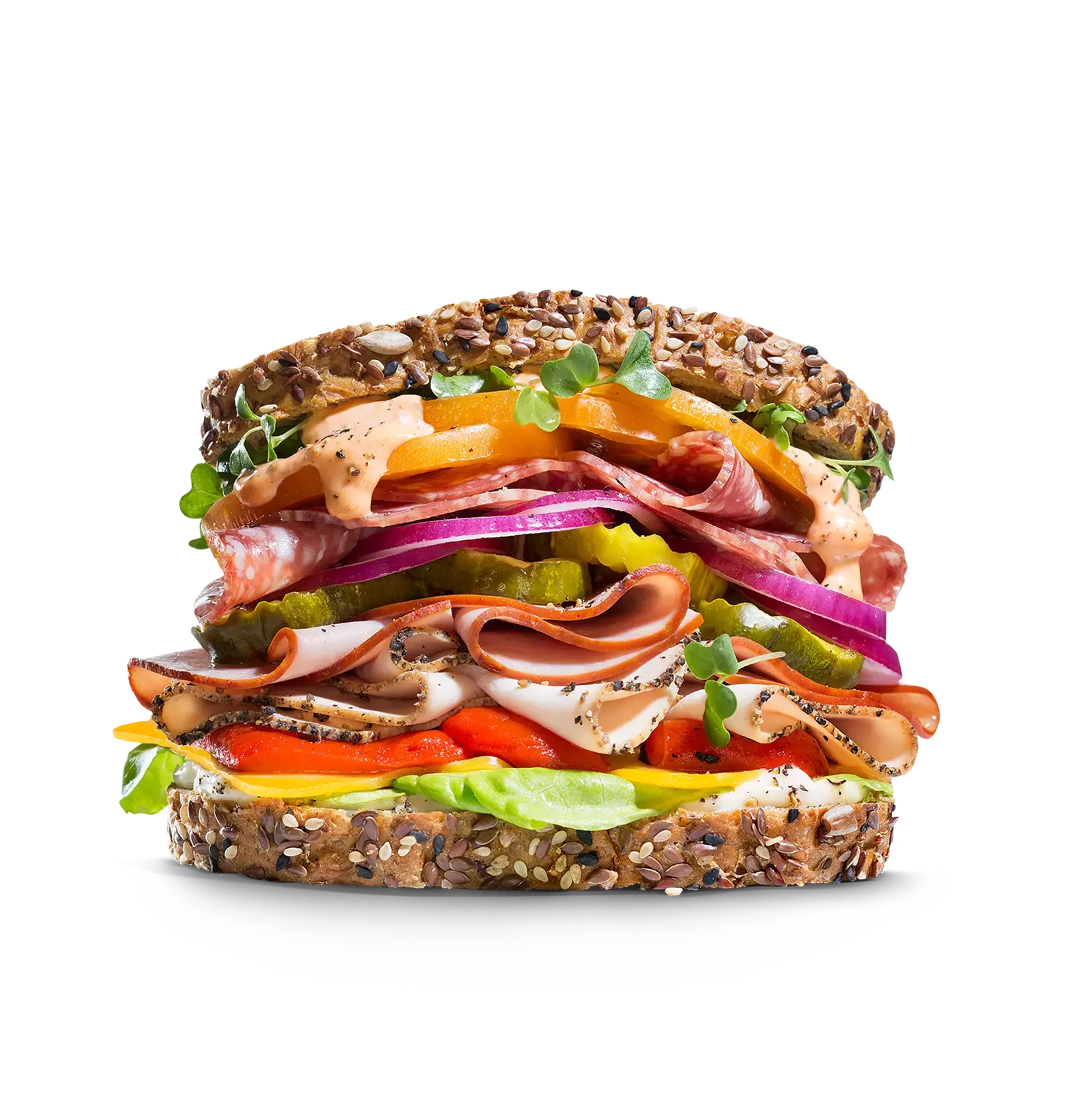Food Supply Chain Sustainability: Improving Processes from Farm to Fork
Food Supply Chain Sustainability: Improving Processes from Farm to Fork
Food Supply Chain Sustainability: Improving Processes from Farm to Fork

As a food business professional, you’ve likely heard a lot about reducing waste and the importance of environmentally friendly policies in the industry. It’s for good reason—studies indicate that between 30 and 40% of all food grown in the U.S. goes uneaten, and as those crops and products decay, they release harmful greenhouse gases.
Thus, companies like yours are facing pressure to ramp up sustainability efforts. Concentrating on this area can have huge returns, as sustainable practices and sourcing aren’t just better for the planet—consumers see them as highly desirable when selecting what to purchase, and we all know that’s a major consideration when it comes to developing and delivering your products.
The ways in which you can shrink your environmental footprint, reduce waste and demonstrate your business’s dedication to the sustainability movement are myriad. If you’re on a mission to make your processes and goods leaner and greener, you’ll need to examine your operations at every stop in the supply chain.
Sustainability at the Farm Level
If your business is among the growers, packers and harvesters of the world, there are several key areas of your operations that need to be scrutinized for opportunities for greater sustainability. Harvesting methods, proper packaging solutions and handling procedures warrant a thorough investigation for potential improvement.
What’s more, implementing sustainable farming practices—from proper crop rotation to more involved measures like integrated pest management and permaculture—can go a long way in improving your results. You also need an enterprise resource planning (ERP) solution that can give you accurate crop yield analysis at the push of a button, as reliable data and visibility will give you the insight necessary to make smart decisions.
If your food business falls somewhere further along in the supply chain, it’s still important to keep tabs on the sustainability efforts of the farms you work with. Consumers are showing more and more preference for products that can claim they were sustainably sourced.
Sustainability at the Factory Level
Factories are also closely watching their waste; it just comes about differently on the warehouse floor. When picking isn’t consistently based on a “first expiry, first out” (FEFO) basis, or climate control systems falter, there’s a serious risk for spoilage.
What other errors can occur in the course of factory processes and cause waste? Contaminated batches due to mishaps in ingredient and recipe management are another major issue. Again, a robust ERP platform can help give these businesses complete control and traceability, making recalls far less frequent and much easier to execute.
Giveaway—meaning any excess in fill level, unit quantity or weight—is another prime example of how producers and manufacturers are losing materials with no return. Implementation of smart technology and internet of things (IoT)-enabled devices is a prudent measure to increase precision and dial back your losses on this front.
Investments in these devices will show return on investment in short order. McKinsey found that facilities utilizing such advancements enjoyed increases in productivity between 3 and 5%. Couple that with the demand planning tools that ERP can provide, and you’ll be reducing waste occurring in your inventory as well as the products you ship.
Sustainability at the Foodservice Level
For distributors and retailers, one of the primary areas of concern when it comes to sustainable practices is the management of inventories and expiry dates. The tried-and-true FEFO method is still a solid starting point, but operating on that basis using traditional record keeping methods and generic business software won’t cut it.
Industry-specific ERP software can track and automate these processes, removing the chance of human error and making sure you get the most out of your stock. With complete integration across all your operations, you’ll also be able to evaluate sales history and create reliable forecasts, allowing you to plan purchasing accordingly and minimize waste through unsold products.
Transparency and full ownership of your data is another critical advantage of excellent ERP systems. Consider that 42% of the top 50 global grocery retailers have established a sustainability function, but only 10% of those businesses actually measure and incentivize sustainability. With the right software solution, your business can make decisions with all pertinent information at hand.
Sustainability at the Fork & Freezer Level
Restaurants and prepared and frozen food producers also have their own unique sustainability considerations. Chief among them is portion control, for both reasons of reducing waste and encouraging healthier lifestyles.
More than 30% of food waste at the restaurant level is attributed to “plate waste,” or food that’s served but not eaten and eventually thrown out. A similar issue can occur with frozen and prepared foods that are overfilled or overweight. One can think of this in the same terms as giveaway at the factory level—raw materials that your business paid for are generating no revenue.
Besides tightening up your serving size practices, other concerns mentioned previously like ingredient management and sales forecasting can help prevent these businesses from ending up with excess materials that expire before they can be used. Thankfully, purpose-built solutions like Aptean’s Food & Beverage ERP can grant your company the complete visibility necessary to find and fix these inefficiencies.
Getting Up to Speed and Joining the Movement
Food supply chain sustainability has important implications not just for your brand’s image as a socially responsible business, but also for your bottom line. There are up-front costs associated with committing to sustainable practices, but they can pay off in the form of better productivity, less waste and increased demand for your products.
If your business wants to get Ready for What’s Next, Now®, reach out to us today to hear more about how our food-specific solutions can assist with your sustainability efforts.
Sind Sie bereit, Ihr Unternehmen grundlegend zu verändern?
Wir bieten Ihnen die spezialisierten ERP-Lösungen, die Sie für die Herausforderungen Ihrer Branche benötigen.



 Jack Payne | Vice President, Product Management & Solutions Consulting
Jack Payne | Vice President, Product Management & Solutions Consulting